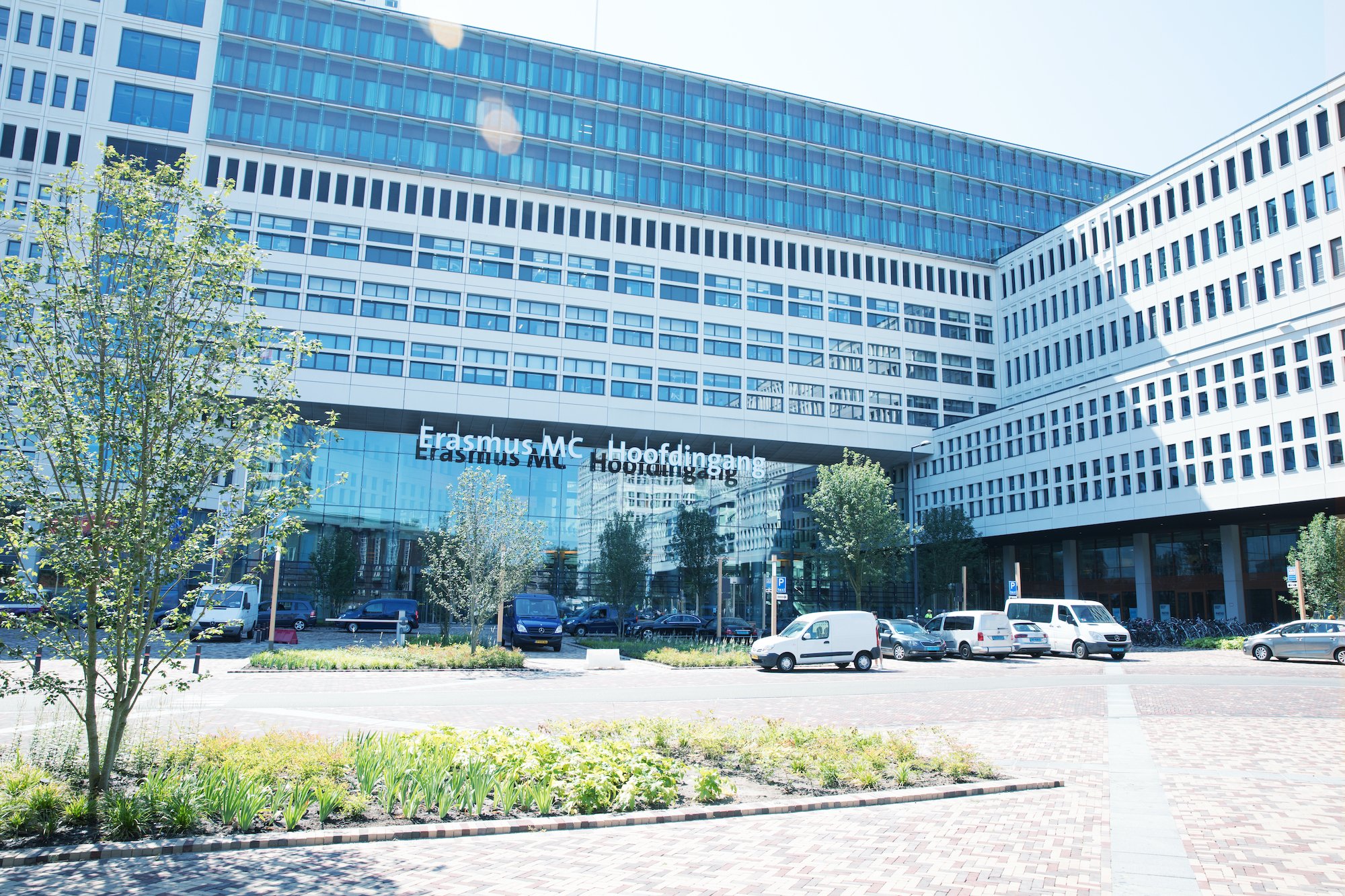Engineering PhD Student for Q-Maestro: Improving Stroke Treatment by Advanced Analysis of Digital Subtraction Angiography Images
Engineering PhD Student for Q-Maestro: Improving Stroke Treatment by Advanced Analysis of Digital Subtraction Angiography Images
You cannot apply for this job anymore (deadline was 15 Oct 2019).
Browse the current job offers or choose an item in the top navigation above.
Job description
Ischemic stroke is a worldwide major cause of death and permanent disability. Several recent RCTs have shown that patient outcome in acute stroke caused by an occlusion of a large vessel could be dramatically improved by intra-arterial treatment in which the occluding thrombus is mechanically removed from the occluded vessel. Imaging during these endovascular interventions is highly relevant for therapeutic decision making as it guides the interventionist during the procedure. However, in addition to this anatomical information these images may provide additional information on perfusion of the affected brain tissue. Knowledge on how this perfusion data relates to clinical outcome, and technology to obtain objective quantitative perfusion data from intervention DSA images, however, is currently virtually lacking.
This project therefore aims to develop and assess methods to quantify (microvascular) perfusion in Digital Subtraction Angiography (DSA) images during endovascular treatment for acute ischemic stroke. For this, we are currently looking for two PhD students: one with a clinical background and one with a background in an engineering field. They will co-work on this project: the engineering PhD will work on image processing approaches (traditional and/or AI-based) to extract relevant information from clinical DSA images, whereas the clinical PhD will focus on investigating associations between DSA-derived perfusion parameters and clinical data such as patient outcome and endovascular techniques. This vacancy is for the engineering PhD.
This project therefore aims to develop and assess methods to quantify (microvascular) perfusion in Digital Subtraction Angiography (DSA) images during endovascular treatment for acute ischemic stroke. For this, we are currently looking for two PhD students: one with a clinical background and one with a background in an engineering field. They will co-work on this project: the engineering PhD will work on image processing approaches (traditional and/or AI-based) to extract relevant information from clinical DSA images, whereas the clinical PhD will focus on investigating associations between DSA-derived perfusion parameters and clinical data such as patient outcome and endovascular techniques. This vacancy is for the engineering PhD.
Specifications
- max. 36 hours per week
- €2422—€3103 per month
- Rotterdam View on Google Maps
Requirements
We are looking for highly motivated candidates with a university MSc degree, that want to contribute to the rapidly developing field of stroke treatment. Candidates are expected to have outstanding theoretical and experimental research skills, to be well organized and result-driven, and to have a strong team spirit. Candidates also must have strong English language skills (written and oral).
The candidate should have a degree in an relevant engineering field (Physics, Electrical Engineering, Computer-Science or related field), must have knowledge of medical imaging and machine learning; knowledge of modern AI techniques is an advantage. Also, the engineering PhD candidate should have experience with implementing image analysis methods in a common programming language (C / C++ / python).
The candidate should have a degree in an relevant engineering field (Physics, Electrical Engineering, Computer-Science or related field), must have knowledge of medical imaging and machine learning; knowledge of modern AI techniques is an advantage. Also, the engineering PhD candidate should have experience with implementing image analysis methods in a common programming language (C / C++ / python).
Conditions of employment
The position is available from November 1st, 2019. You will receive a temporary position for 4 years. The gross monthly salary is € 2.422,00 in the 1st year and increases to € 3.103,00 in the 4th year (scale OIO). The terms of employment are according to the Collective Bargaining Agreement for Dutch University Medical Centers (CAO UMC).
Employer
Erasmus MC
Erasmus MC stands for a healthy population and excellence in healthcare. By conducting groundbreaking work, we aim to push boundaries through leading the way in research, education and healthcare. We have access to the latest equipment and techniques in a state-of-the-art environment.The Q-Maestro (Quantitative Microvasculature AssEssment in projection angiography of ischemic STROke patients) project is a joint project by Erasmus MC and Philips Healthcare. Both PhD candidates will be positioned at the Department of Radiology and Nuclear Medicine of the Erasmus MC, the clinical PhD student at the Section Interventional Neuroradiology group, and the engineering PhD student at the Biomedical Imaging Group Rotterdam. During the project, both PhD will also closely collaborate with other stroke researchers of the Department of Radiology and Nuclear Medicine, the Department of Neurology, and researchers at Philips Healthcare.
The Section of Interventional Neuroradiology is responsible for the endovascular treatment of stroke patients, and IAT is performed approximately 250 times per year. The section integrates clinical work with research, and offers a dynamic, challenging, and cooperative research environment The Biomedical Imaging Group Rotterdam is internationally at the forefront of biomedical imaging and has a strong track record in biomedical imaging in general, as well as in image guidance in interventions. The group consists of 7 staff members and ~ 5 PostDocs and ~ 20 PhD students, all working in the field of biomedical imaging.
The research will be conducted under the supervision of Dr. ACGM van Es (heading the Section of Interventional Neuroradiology) and Dr.ir. T. van Walsum (BIGR, heading theme group 'Image Guidance in Interventions').
Specifications
- PhD
- Health
- max. 36 hours per week
- €2422—€3103 per month
- University graduate
- 37.17.19.TDA-P552847-1
:fill(white)/logos/emc-en-wide.png)
